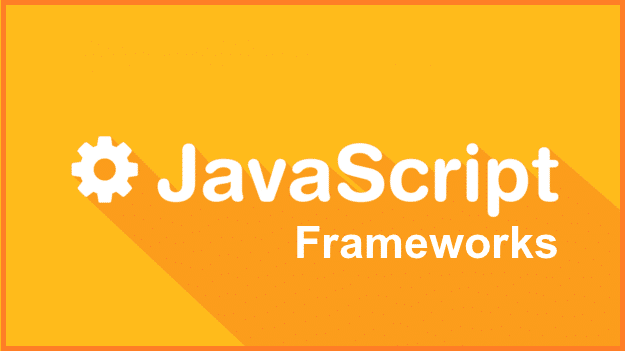Comparing OpenHAB Alternatives: 9 Best Options For 2024

OpenHAB is an open source home automation platform known for its flexibility and extensibility. It supports a wide variety of smart home devices and technologies out of the box. However, OpenHAB has a steep learning curve and can be difficult for beginners to set up and configure. This is where OpenHAB alternatives come in.
OpenHAB alternatives provide many of the same capabilities while being easier to use, configure and maintain. They offer simplified user interfaces, more automation rules built-in, broad hardware support, and vibrant community support. When evaluating OpenHAB alternatives, key criteria include ease of use, supported devices/protocols, scalability, reliability, security, cost, community resources and future-proof technologies.
This article provides an overview of popular OpenHAB alternatives like Home Assistant, Hubitat Elevation, Node-RED, SmartThings, and Domoticz. It compares their features and highlights their pros and cons to help you choose the right platform for your needs. Other notable mentions are also included.
9 Best OpenHAB Alternatives That Might You Need
Home Assistant
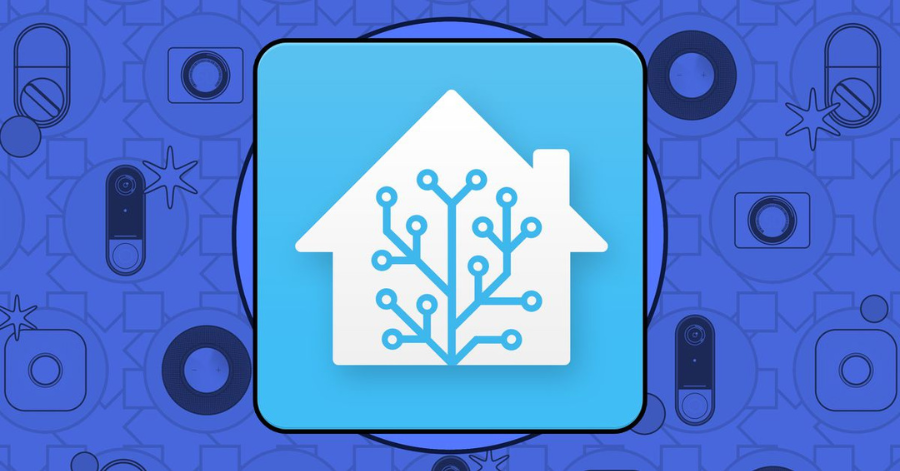
Home Assistant is an open source home automation platform built on Python. It focuses on local control, privacy and integration with 1000+ smart devices. Key features include: automation editor for building rules visually, customizable lovelace UI, apps and add-ons, Google/Alexa support etc. It suits advanced users and developers looking to deeply customize their smart home with extensive scripting capabilities.
Pros: Extremely flexible and customizable, active community forums, regular updates, built-in package manager, self-hosted and private. Cons: Steep learning curve for beginners, installing and troubleshooting can be challenging, fragmented documentation.
Hubitat Elevation
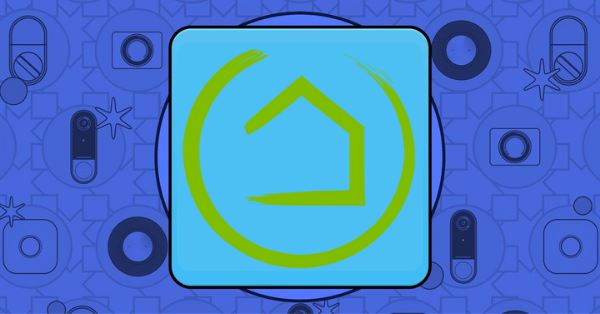
Hubitat Elevation is an easy-to-use, secure smart home hub for controlling Z-Wave, Zigbee and WiFi devices. It uses local processing so automations execute quickly without relying on the cloud. The web-based designer allows building simple or advanced rules with triggering conditions, device actions and notifications. Better for beginners migrating from Wink or SmartThings.
Pros: Guided setup wizard, prebuilt automations, fast response times, encrypted data traffic, good community support. Cons: Upfront hardware cost, less flexibility than Home Assistant, apps and drivers not as extensive.
Node-RED
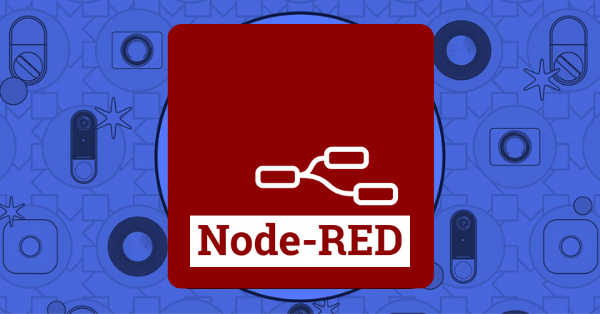
Node-RED uses a visual programming approach to wiring together smart home devices, APIs and services to build home automation solutions. It is built on Node.js and uses a browser-based flow editor to create logic flows for event-driven orchestration. Benefits include rapid prototyping abilities, lightweight scalability and JavaScript programming integration.
Pros: Visual programming paradigm, active community, open source and extensible, integrates APIs well. Cons: Steeper learning curve, better for developers, hosting and hardware requirements.
SmartThings

SmartThings is a commercial cloud-based home automation platform owned by Samsung, providing remote monitoring and control. The mobile app and web dashboard allows users to easily connect devices, create scenes/automations using a visual tool and integrate with other ecosystems. It suits beginners looking for wider smart device compatibility.
Pros: Broad smart device support, easy mobile access, seamless ecosystem integration, large community. Cons: Requires consistent internet connectivity, potential reliability issues, less flexibility in automation rules.
Domoticz
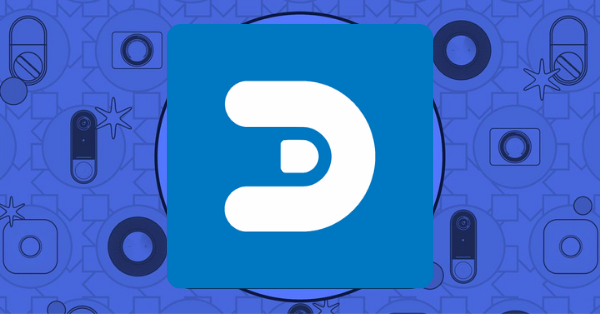
Domoticz is an open-source, lightweight home automation system known for efficiency and platform flexibility. The responsive web UI allows device monitoring and management, automation rules creation, energy usage tracking and more. It suits home server admins looking to integrate IoT devices on platforms like Raspberry Pi.
Pros: Very lightweight and resource efficient, available for multiple platforms, highly customizable and extensible.
Cons: Outdated interface, smaller community support, not as beginner friendly, limited automation rules.
6. Tuya Smart
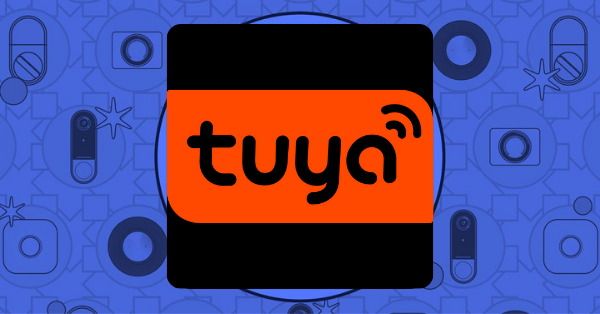
Tuya Smart is a cloud-based IoT platform for controlling smart home devices from brands using the Tuya protocol. The Tuya app allows easy control, automation scheduling, grouping of lights/switches, sensors etc over the internet. It is also white-labeled for various consumer device brands.
Pros: Very easy to use UI, wide branded device support, cloud access, automated scheduling capabilities. Cons: Dependent on Tuya cloud which requires internet connectivity, less flexibility in automation logic.
7. Homegenie
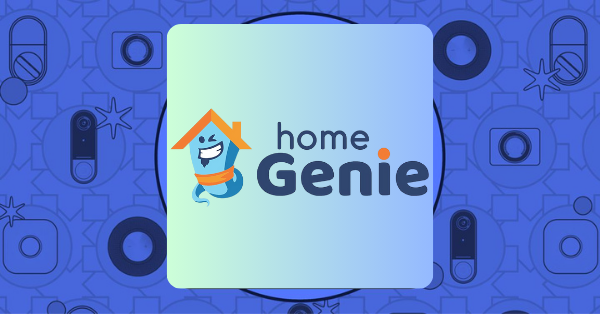
Homegenie is a Windows-based automation server for managing a custom smart home setup more easily. It interfaces with technologies like KNX, Philips Hue, IOTables and WakeOnLan. The software offers modules for HVAC, lighting, multimedia and security systems among other capabilities.
Pros: Feature-rich for whole-home control on Windows, user-friendly interface for custom dashboard creation. Cons: More limited hardware compatibility, only runs on Windows OS, capped free tier.
8. Smart Life
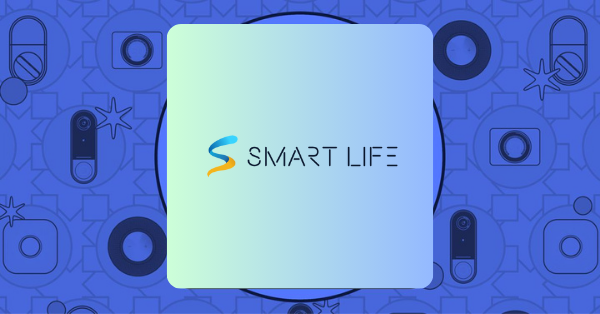
Smart Life by Tuya offers budget smart home devices like lighting kits, switches, sensors and cameras that can be controlled and automated through the Smart Life app. It allows scheduling, scenes, device grouping and integration with Google Home/Alexa.
Pros: Affordable smart devices range, simple app control and automation features.
Cons: Requires separate hardware purchase, ecosystem lock-in to Smart Life platform.
9. Ecobee
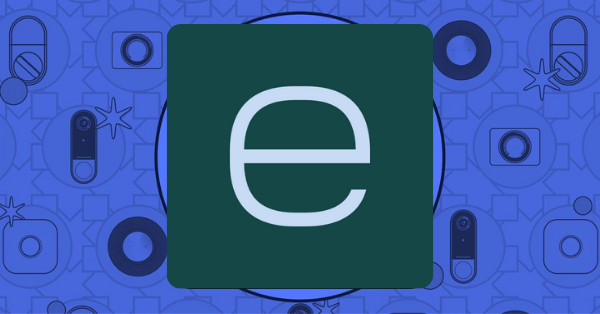
While technically a smart thermostat, Ecobee provides home automation capabilities beyond HVAC control. Features allow setting comfort profiles, remote sensors, Alexa voice control etc. Open API allows integration with other platforms like Homekit, SmartThings etc.
Pros: Slick thermostat with built-in Alexa and automation features using room sensors.
Cons: Mainly focused on temperature control vs a full home automation provider.
Conclusion
OpenHAB alternatives like Home Assistant, Hubitat, and SmartThings simplify home automation. They can have faster setup, wider hardware support, more built-in features, and better community guidance compared to OpenHAB. Consider your skill level, privacy needs, supported devices, and home requirements while deciding on the right platform.
With the ideas and decision matrix framework presented, you should now feel more informed about choosing an OpenHAB alternative for automating your smart home ecosystem according to your needs and preferences.
Q&A
Q: What is the easiest OpenHAB alternative for beginners?
A: SmartThings and Hubitat Elevation have the most beginner-friendly interfaces. They offer guided setup and configurations for building home automation without coding.
Q: Which OpenHAB alternative has the most community support?
A: Home Assistant likely has the largest user community due to its popularity. Active forums provide high peer-to-peer troubleshooting and knowledge exchange even for advanced configurations.
Q: What’s the most flexible local-based alternative to OpenHAB?
A: Home Assistant focuses on running 100% on local network hardware of one’s choice for maximum flexibility. It also offers the most customizable addons and scripting options.
Q: Which alternative supports the most smart home devices and protocols?
A: Most of the leading options support common standards like Zigbee, Z-wave, WiFi, Bluetooth. Home Assistant and SmartThings likely have the broadest hardware compatibility currently based on community integrations.


